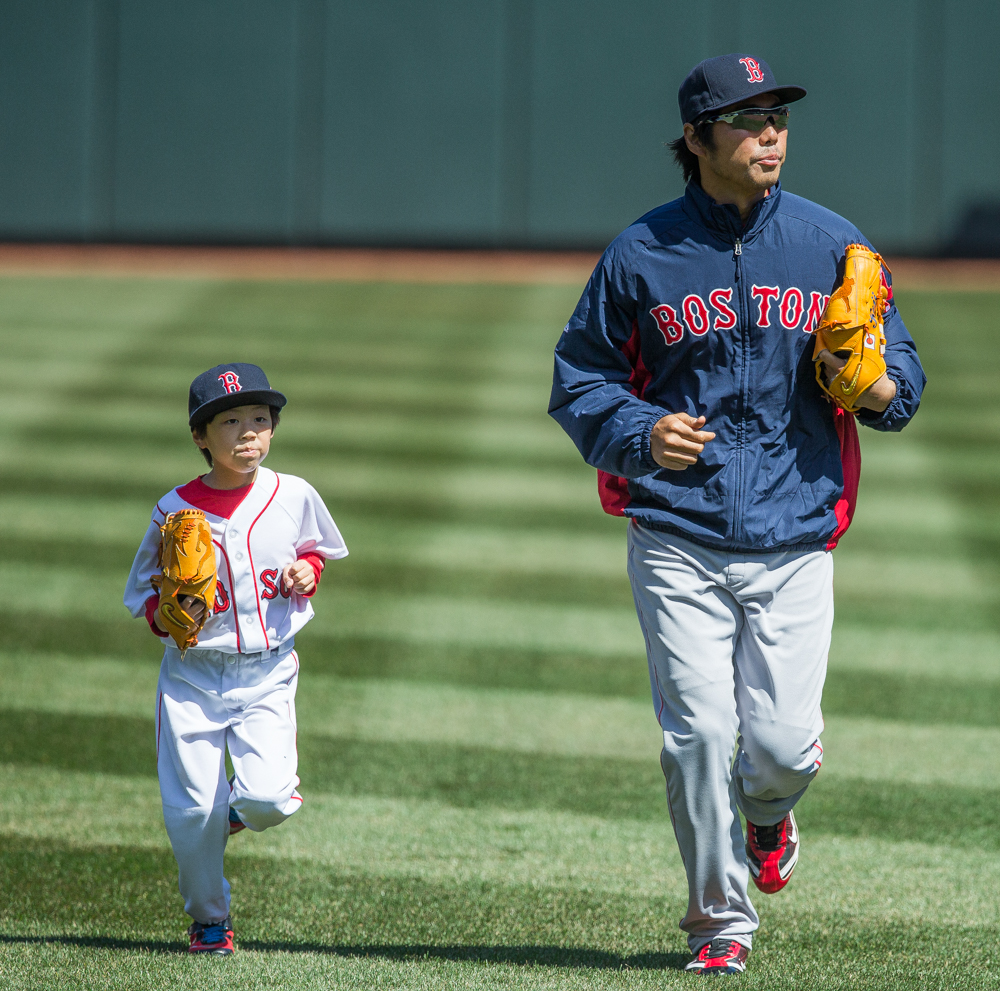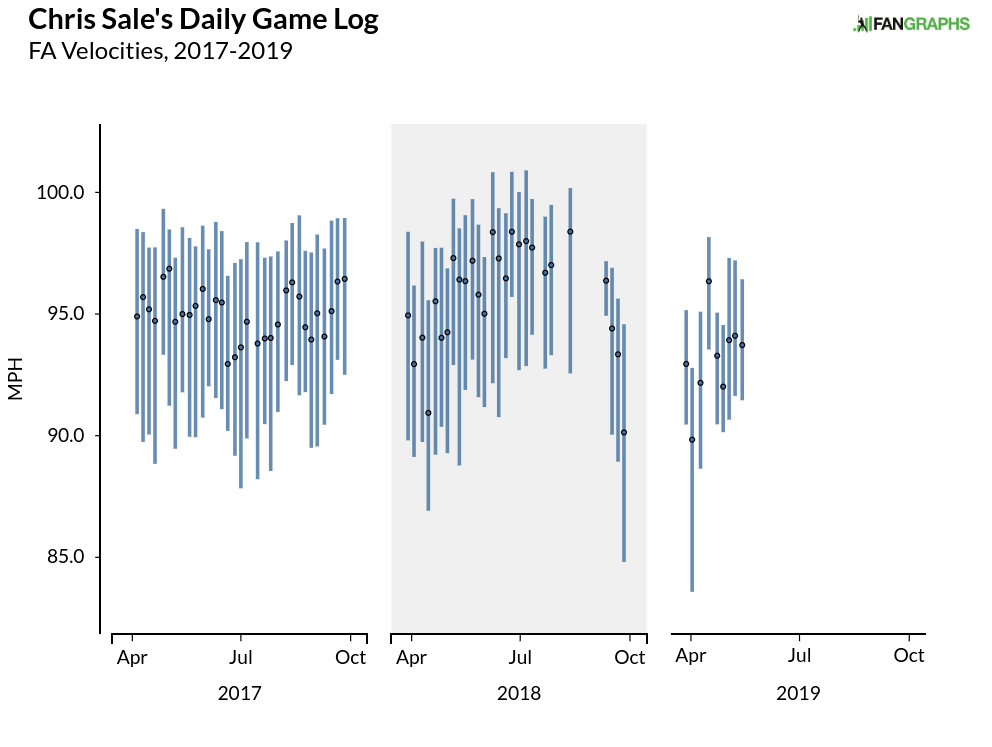Bill Buckner (1949-2019) Didn’t Let His Error Define Him
Fred Merkle, Fred Snodgrass, and Mickey Owen had it easy by comparison. In a time before television and the internet, they didn’t have to endure the endless replay of their infamous gaffes, the worst moments of their professional careers re-stoking the enmity of championship-starved fans at the press of a button. Bill Buckner, who died on Monday at the age of 69, wasn’t so lucky in that regard. While the man spent parts of 22 seasons in the majors, finished with a .300 batting average or better seven times, won a batting title, made an All-Star team, started for two pennant winners, and racked up a career total of 2,715 hits, all of that was overshadowed by the Mookie Wilson ground ball that trickled through his legs in the 10th inning of Game 6 of the 1986 World Series. The clip (find it yourself) lives on eternally, the indelible image of his miscue accompanied by the excited voice of Vin Scully in one of his most memorable calls — a thrilling moment, unless you happened to be on the wrong end of it.
Though he was just one of several players who played prominent roles in Boston’s series loss, Buckner received countless boos and even death threats for his role in prolonging the Red Sox’s decades-long championship drought. Thankfully, both he and the Red Sox faithful eventually achieved some closure and catharsis regarding the matter. After a career spent grinding through countless ankle surgeries, injuries that required him to begin treatments five hours before game time — “Billy is the only guy in the game with cauliflowered feet,” quipped the Los Angeles Times’ Jim Murray in 1987 — he never lost the respect of the baseball world, and he accepted his spot in history with dignity and a measure of defiance.
According to his family, Buckner died after a battle with Lewy Body Dementia, a neurodegenerative disease that shares similarities with Parkinson’s and Alzheimer’s.
Born in Vallejo, California on December 14, 1949, Buckner took to baseball so quickly as a youth that his mother falsified his birth certificate so that he could begin playing Little League a year early. At Napa High School, in addition to excelling as a lefty-swinging first baseman, he earned all-state as well as Coaches All America honors as a wide receiver. The Dodgers chose him in the second round in 1968 as part of the greatest draft haul the game has seen. In the four phases of the draft as it existed at the time, the team selected six players — Buckner, Doyle Alexander, and Tom Paciorek in the regular June draft; Davey Lopes in the January secondary phase, and Steve Garvey and Ron Cey in the June secondary phase — who would make a total of 23 All-Star teams, and signed 11 players who would combine for 235.6 WAR (Baseball-Reference’s version) at the major league level. (All of those are records according to MLB.com’s Jim Callis.) Read the rest of this entry »




